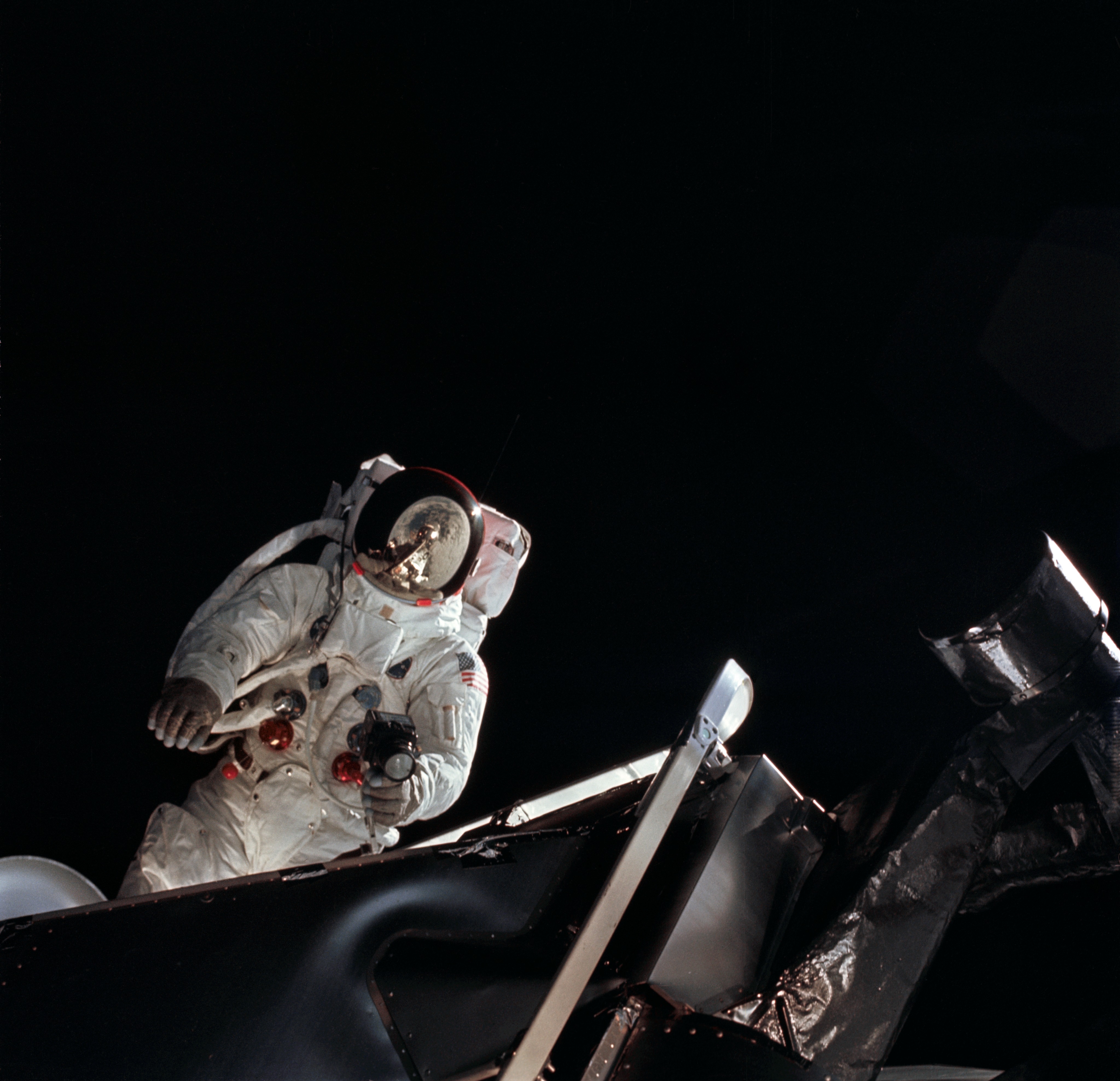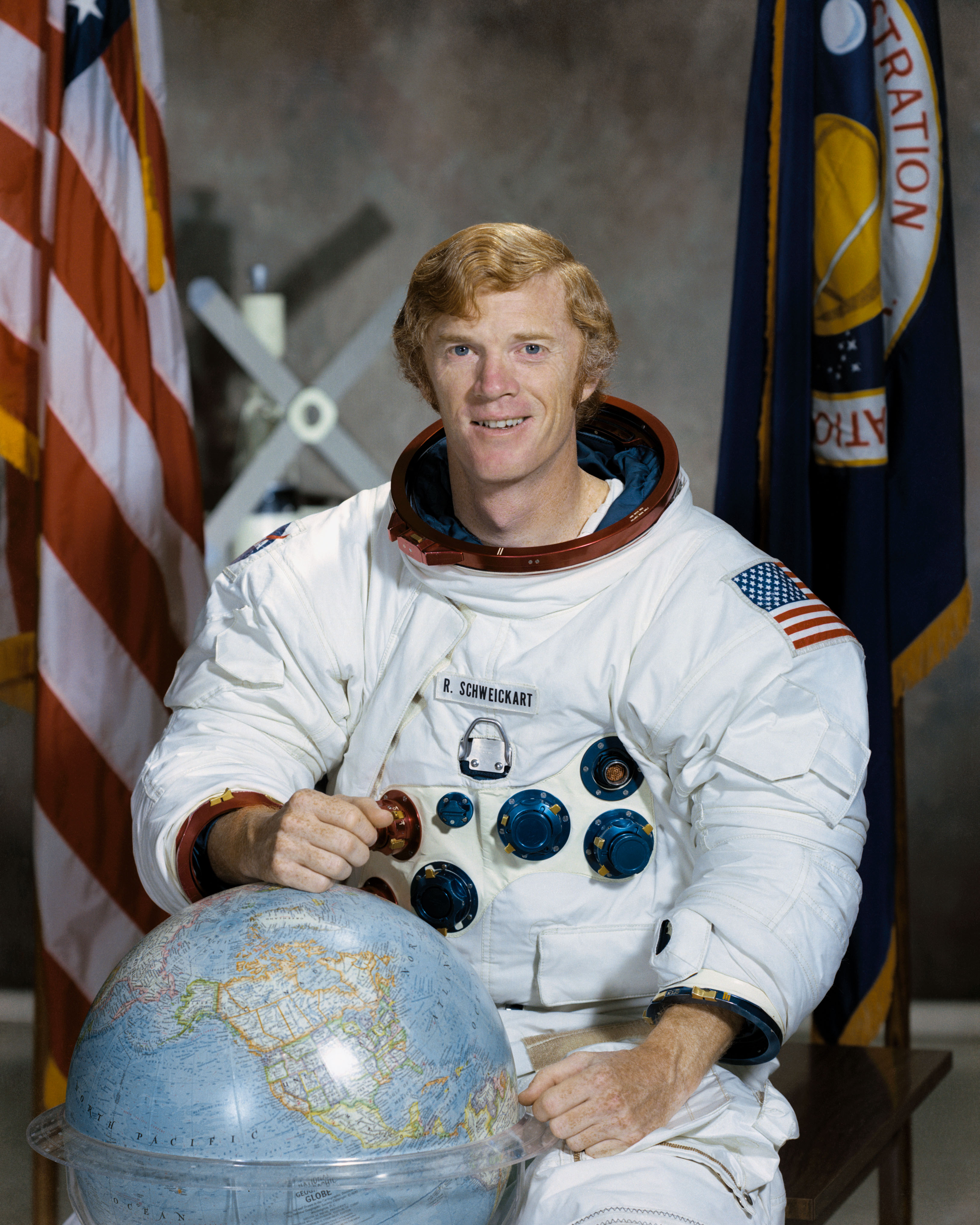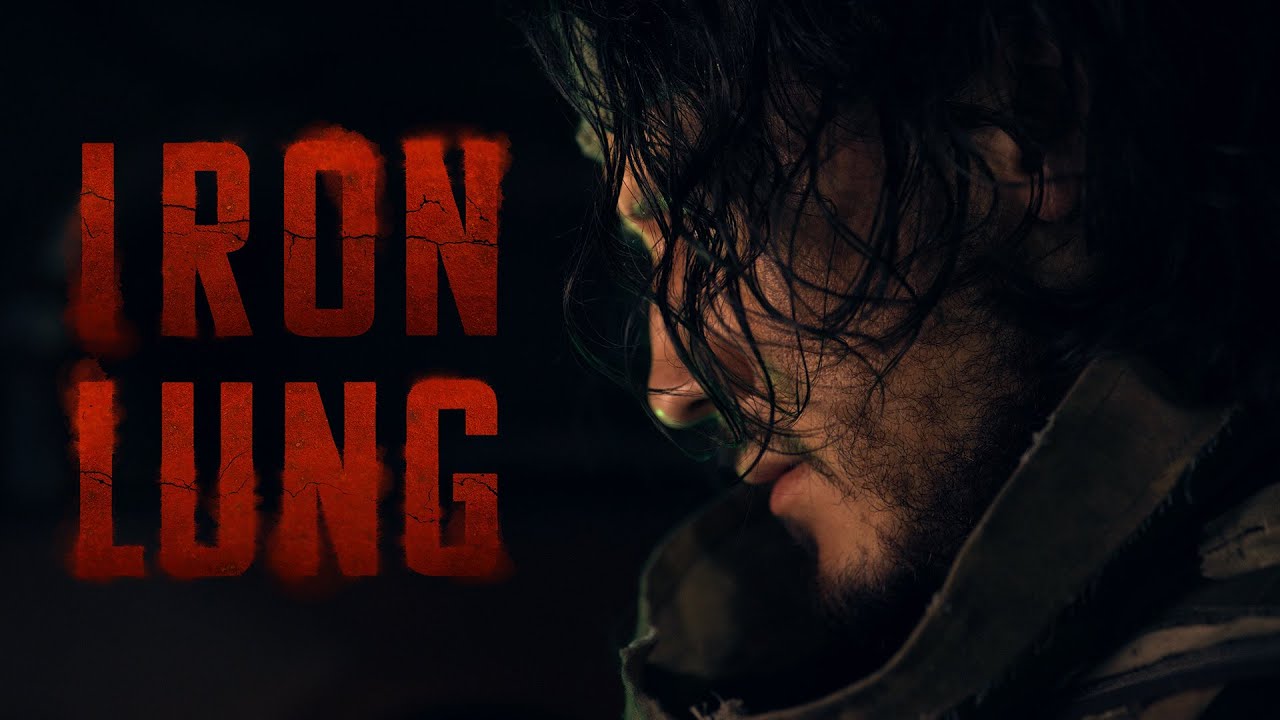Astronaut Rusty Schweickart Looks Back on Apollo 9, and to the Next Asteroid Impact
Breaking space news, the latest updates on rocket launches, skywatching events and more!
You are now subscribed
Your newsletter sign-up was successful
Want to add more newsletters?

Delivered daily
Daily Newsletter
Breaking space news, the latest updates on rocket launches, skywatching events and more!

Once a month
Watch This Space
Sign up to our monthly entertainment newsletter to keep up with all our coverage of the latest sci-fi and space movies, tv shows, games and books.

Once a week
Night Sky This Week
Discover this week's must-see night sky events, moon phases, and stunning astrophotos. Sign up for our skywatching newsletter and explore the universe with us!

Twice a month
Strange New Words
Space.com's Sci-Fi Reader's Club. Read a sci-fi short story every month and join a virtual community of fellow science fiction fans!
NASA astronaut Russell Schweickart's career-defining moment came thanks to a camera problem.
During a spacewalk on the Apollo 9 mission, his colleague's movie camera jammed, and Schweickart was given an order to sit tight for 5 minutes while the team troubleshot it. He was left to look out at the vastness of space, and Earth within it. When he came back home, he set about trying to inspire others with that experience.
He even joined with then-Soviet cosmonauts to do so. "We're the only people who have seen the Earth with our own eyes as a single place of all life," Schweickart told Space.com of space travelers. "Sure enough, I found that my fellow cosmonauts felt the same way." [Apollo 9 in Photos: NASA Tests the Spidery Lunar Module]
Much of Schweickart's energy has been directed toward planetary defense from asteroid impacts through the nonprofit he founded, called the B612 Foundation. This interview has been edited for length and clarity.
Space.com: What do you think is missing from current conversations about space and space exploration?
Russell Schweickart: While the pragmatic elements of space exploration, or space utilization actually, are talked about most frequently, the implications of humanity moving outward from the planet to me are the most important long-term things. But they get to be a little airy-fairy, so people generally don't talk about those kinds of things. It's not religious but is sort of philosophical, and those [implications] are less pragmatic, less immediate, they're not as much fun to most people as the competition or the technology per se. But to me it is the longer-term implications of humanity moving outward from the planet, looking back, realizing the preciousness of the Earth as a home of life, taking care of the planet while moving out. It's not the cowboy mentality of, 'we've trashed this place, let's move on to the other one.' Being born from your mother is when you start loving your mother, it's not when you end loving your mother, [even if] you may have partially trashed her in the process of being born. … Space development utilizes a lot of resources — water, fuel, energy, etc., etc. — and the pace of space development is going to depend in the long run upon the economics of developing consumables in space and not continuing to dig up the Earth. … There's resources galore out in space, for example, in the asteroids, and people have talked about asteroid mining but the economics of that has not really been studied well.
Space.com: It's interesting that you mention asteroids as a potential resource, but are also involved in talking about those asteroids as threats with the B612 Foundation.
Breaking space news, the latest updates on rocket launches, skywatching events and more!
Schweickart: Asteroids are multi-dimensional. … In order to protect the Earth, you've got to know where the asteroids are and where they're headed, and we realized at one point several years ago that when we really think about that in the larger context, we have to develop a dynamic map of the inner solar system. … But as soon as you think about that, that map is necessary for all of the other aspects, whether it's exploring the asteroids for science or as exploration venues or goals for human exploration, or for that matter for the exploitation ultimately of space resources. That idea of creating a dynamic map is an essential first step for all of the different dimensions that asteroids are involved with. … We can learn from asteroids about how life came to be in the solar system. There's a lot of information there that it is waiting to be harvested in terms of the nature of life from the asteroids. Scientifically they're every bit as interesting as protecting the Earth from the occasional impact. … I would say probably aside from more and more clever telescopes, actually visiting asteroids is probably going to be the way in which we're going to learn most about that big question of, did life predate the solar system or was it actually invented here? [Building Apollo: Photos from Moonshot History]
Space.com: What have you learned from your experience working with government?
Schweickart: The international geopolitical environment is frankly more important than any of the technological challenges of protecting the Earth from asteroid impacts. All of the issue of finding asteroids out there, getting them into a database, knowing their orbits, being able to predict an impact years ahead of time, being able to have the technology ready to deflect an asteroid — all of those things frankly pale in comparison, ironically, with the geopolitical decision to act. … You're going to have to make a decision to act to protect the Earth decades ahead of when the impact would occur. Half of your population that elected you to be the head of their nation don't believe there's such a thing as an asteroid, let alone one that's going to hit them and wipe them out. And you're going to be going for re-election in five years and you've got to be part of spending $500 million or $1 billion. … We will probably be hit a couple times needlessly before we finally get around to the point of using the technology to protect the Earth from the next impact. Geopolitics, whether it's at the national level or the international level, is ultimately tied in very, very directly with the ultimate survival of life on Earth. The technology generally speaking will come along and is simple in comparison — it's more fun to design it. Designing geopolitical systems is a pain in the butt and it's a mess. … Antarctica is in my mind the best model that we have so far of responsible governance in non-sovereign territory. Space is a non-sovereign territory and it ought to remain non-sovereign, and I think we need to seriously look at how that governance should occur.
Space.com: That's an interesting contrast; geopolitics is really what pushed us to Apollo and here we're seeing a very different incarnation of geopolitics.
Schweickart: When we were in the middle of Apollo, on the one hand we were in this race to the death, almost, with the Soviet Union to be the first to get to the moon and regain our self-confidence or our self-image. At the same time, when the Soviets would do something we would all cheer because we knew it would stimulate the politicians to make faster decisions and we could accelerate the program. It was a frenemy situation.
Space.com: The U.S. is building new crewed spaceships for the first time since the shuttle — what's it like to test a new vehicle like you did with the lunar module?
Schweickart: Being part of the development of a vehicle and flying it is quite distinct from learning how to fly a vehicle that's flown 50 times. … It is a different experience and I think you have a different kind of opportunity. It forces you to, as a design person, as an engineer, to be thinking about how something is built in order to make it more usable even by you, who's going to fly it. That gets not only into the actual design of physical stuff, but it gets into the nature of the software coding and things of that kind, especially today much more so than in our day. The software in Apollo was really pioneering work, but today software does all kinds of things. [Moonshots and Snapshots of Project Apollo]
Space.com: We're coming up on the 50th anniversary of Apollo 9. What stands out to you about that experience as you look back?
Schweickart: We were the first guys who got the chance to fly and test the lunar module, which gave all of my buddies a chance to run around the moon later. Unfortunately I didn't get to do that. But being able to be the first to test that vehicle and have it be such an enjoyable experience, and of course for me personally, the failure of that camera that Dave [TK] was using and me being outside and having five minutes to just be a human being there was really a high point in the mission for me. It made it a much more personal experience than if that camera hadn't failed. There would be a few more pictures of me outside, but you know that's a different issue. … I'm very happy, in a way, that that accident occurred.
Space.com: Have your feelings and emotions around the mission at all changed over the course of the decades of looking back on that experience?
Schweickart: The reality is that it gets harder and harder to get back to that experience. I never know when I'm talking in any level of detail whether what I'm doing is remembering something I said 20 years ago about it as opposed to what happened 50 years ago. Memory fades. If you ask me a technical question about the lunar module or what a gauge reading was, I have no clue. Probably 50 percent of the people attending [The Economist Space Summit] know more about my flight than I remember. But I had the experience and what I remember is the profound impact that having had that experience has made on my life. It has in many ways given me the opportunity to initiate things, whether that was forming the Association of Space Explorers or starting the B612 Foundation, protecting the Earth. I've been able to do a lot of things because I flew in space that have implications for the future that weren't part of Apollo 9 per se. This drives my wife crazy, but in many ways I'm more proud of what I've been able to do since my flight than I am of having actually flown on Apollo 9. I'm not the kind of guy who relives something I did 50 years ago.
Email Meghan Bartels at mbartels@space.com or follow her @meghanbartels. Follow us @Spacedotcom and Facebook. Original article on Space.com.

Meghan is a senior writer at Space.com and has more than five years' experience as a science journalist based in New York City. She joined Space.com in July 2018, with previous writing published in outlets including Newsweek and Audubon. Meghan earned an MA in science journalism from New York University and a BA in classics from Georgetown University, and in her free time she enjoys reading and visiting museums. Follow her on Twitter at @meghanbartels.


